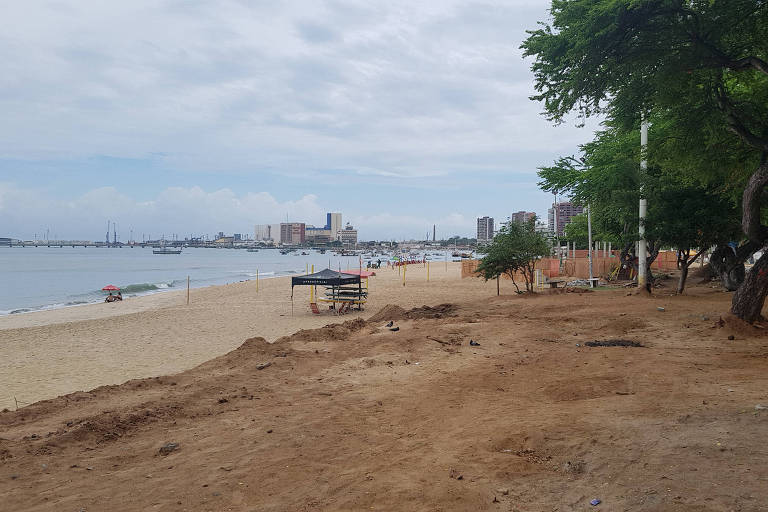For the last six days, the state of Ceará, in Northeastern Brazil, has been suffering a series of violent attacks. But the worse can come in later, in the form of an impaired travel industry in the state. According to Eliseu Barros, president of the Ceará chapter of the Brazilian Association of the Hotel Industry, so far there have been no negative repercussions because the people visiting Ceará at the moment booked their trips a while back. Hotel occupation is at 80%, the usual average for January and the Brazilian summer vacations.
"If the attacks continue, we might have to see consequences in the future, with travel packages and reservations happening now. But the attacks are letting up, and there were no incidents in the usual tourist spots around the capital Fortaleza," he said.
José Belchior, 60, who has worked in the same restaurant in Fortaleza for over 20 years, said he has never seen the beaches or the tables so empty. "But it's not because of the rain or our construction; it's just empty. We are abandoned."
Tourism represents 5% of Ceará's GDP, according to state numbers. But it's expected to grow in the next few years because Fortaleza will become an air hub for airlines Air France, KLM, and Gol, who are expected to bring in travelers from new markets.
In 2017, a new airport was opened at Cruz, 20 miles away from the famous Jericoacoara beach. Before that, the only access by air was Fortaleza's airport, 200 miles away. The new airport is expected to help increase tourism not only in the surrounding areas but also in other beaches like Camocim and Acaraú, with flights from major cities like São Paulo, Belo Horizonte, Recife and Campinas.
All this, of course, depending on how Ceará will be for its prospective tourists.
Translated by NATASHA MADOV
Read the article in the original language
